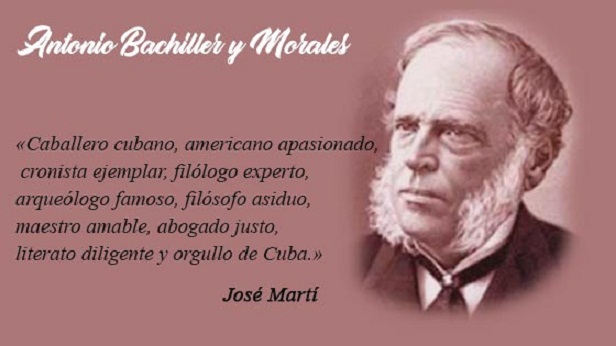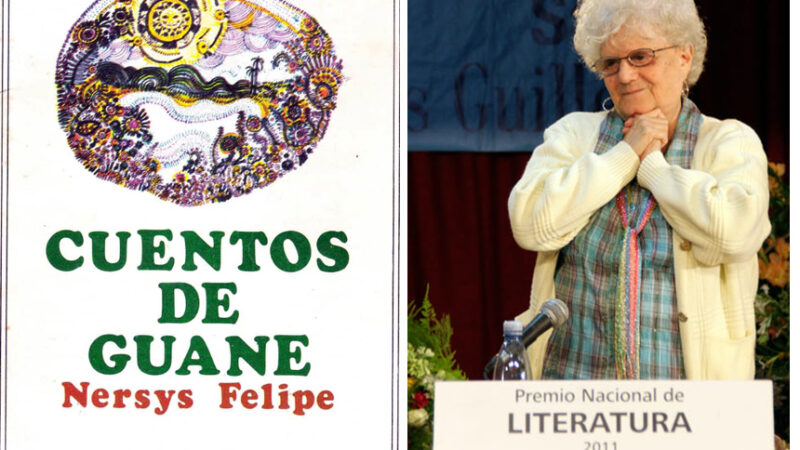Fidel, an international symbol of struggle and perseverance
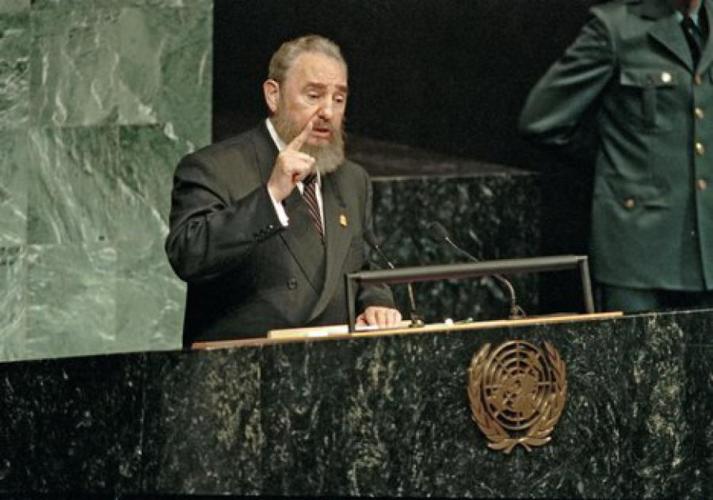
The vision of Commander-in-Chief Fidel Castro, which involves anticipating and foreseeing events, as well as his ability to speak honestly and directly, continues to serve as a guiding light for those around the world who aspire to a planet governed by coherence and common sense.
On the occasion of the upcoming Summit of the Heads of State and Government of the Group of 77 plus China (G77+China) in Havana, organized by the First Secretary of the Central Committee of the Party and President of the Republic of Cuba, Miguel Díaz Canel Bermúdez, in his current role as President Pro Tempore of the Group, we reflect on Fidel’s significant participation in various international events where important global issues have been discussed.
The figure of this exceptional leader, who is universally revered, is held in high esteem by people from all walks of life and backgrounds. They are eternally grateful for his contributions. No one else has used the podium as he did, in the most diverse settings, to denounce abuses, to express truths, and to propose solutions to global problems that cannot be postponed.
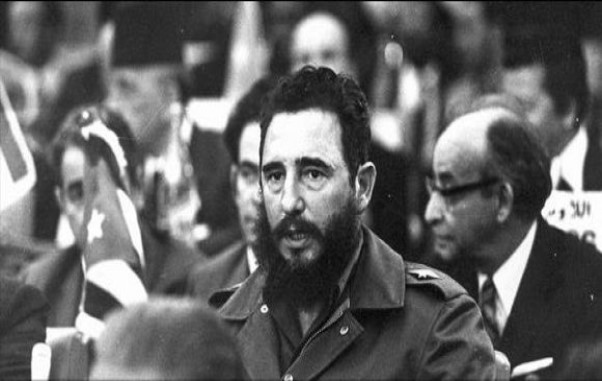
Barely two years after the success of the Revolution, Cuba became one of the founding members of the emerging Non-Aligned Movement. With time, and thanks to Fidel’s active and recognized participation, Cuba helped transform the movement into a powerful entity that moved away from formal and dogmatic views. Instead, it embraced connections with other progressive forces dedicated to bringing about positive change in the international order.
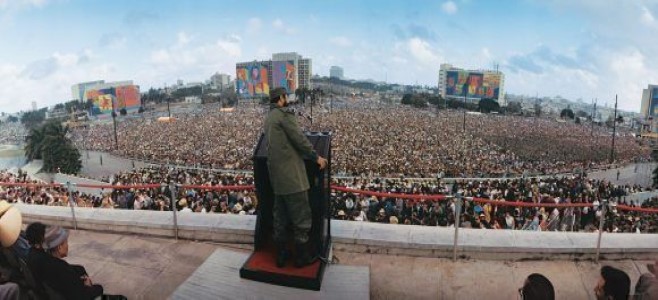
Then there was the active presence of the supreme leader of the Cuban Revolution at the First Tricontinental Conference, which aimed to promote unity among all the world’s anti-imperialists, and from which the Organization of Solidarity with the Peoples of Africa, Asia and Latin America (OSPAAAL) emerged, as well as the increase in Cuban cooperation with the national liberation movements of all regions.
His many interventions at the United Nations General Assembly truly showcased the foreign policy of the Revolution. This policy is based on principles that cannot be taken away and the remarkable victories of the Latin American and Third World peoples. These peoples saw in his words the highest aspirations of nations that have historically been disregarded in the international arena.
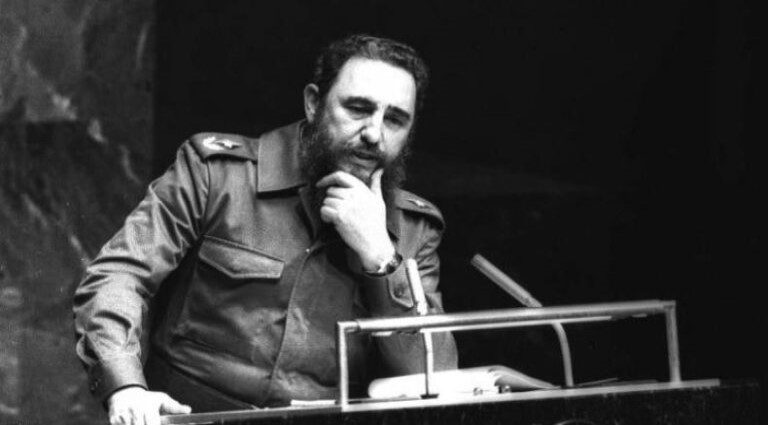
Time and again, Fidel presented his arguments at the United Nations headquarters as part of a global campaign against the unfair foreign debt imposed on the Third World by its major creditors. At that time, Havana served as a platform for various forces and social sectors to raise awareness about the injustice and brutal exploitation that was taking place on a global scale.
At the 1992 Earth Summit in Rio de Janeiro, Fidel strongly denounced the devastation of ecosystems and the danger that human recklessness could bring about the extinction of the species, and it was a theme to which he regularly returned in his published works in the Cuban media and online.
Fidel’s explanations for Cuba’s decisions were shared in all the Ibero-American summits from the inaugural gathering in Guadalajara, Mexico. In this international context, many diplomatic and ethical struggles have been fought.
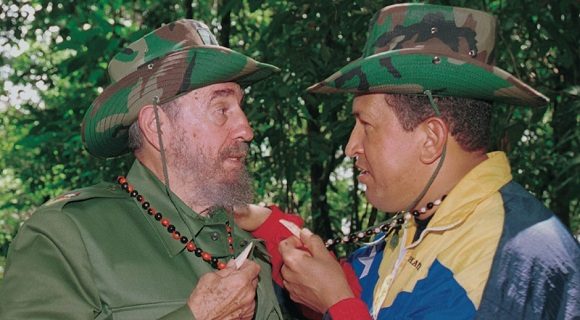
In 2004, Fidel and Hugo Chávez, the Venezuelan president and leader, initiated a fresh form of integrating relations in Latin America with the foundation of the Bolivarian Alliance of the Peoples of Our America (ALBA) in Havana, as a multifaceted area of unification. ALBA-TCP (Peoples’ Trade Agreement) was an innovative and progressive contribution to integration in opposition to neoliberalism.
However, the most conclusive step in this direction was the creation of the Community of Latin American and Caribbean States (CELAC) in 2011, which brought true regional representativeness, as well as the restructuring of Mercosur and the creation of the Union of Southern Nations (UNASUR). This regional outline was undoubtedly important in Fidel’s political exercise.
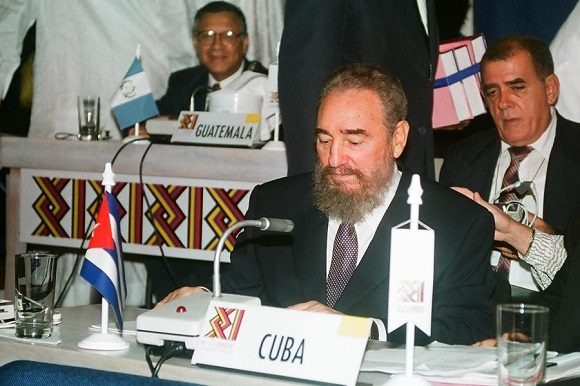
For him, every international tribune was an opportunity for dialogue with the peoples. Unity was the word of order and the only way to make them strong, capable of confronting powerful forces. Fidel knew that in order to achieve a different future, encouragement and solidarity were necessary.
For this reason, at the G77+China Summit, scheduled for September 15-16, 2023 in Havana, Fidel’s great imprint will also be present when discussing essential issues such as the environment, the economic impact on biodiversity, the economy, food security and health, for which unity and collective and effective action are required.
Translated by Luis E. Amador Dominguez


